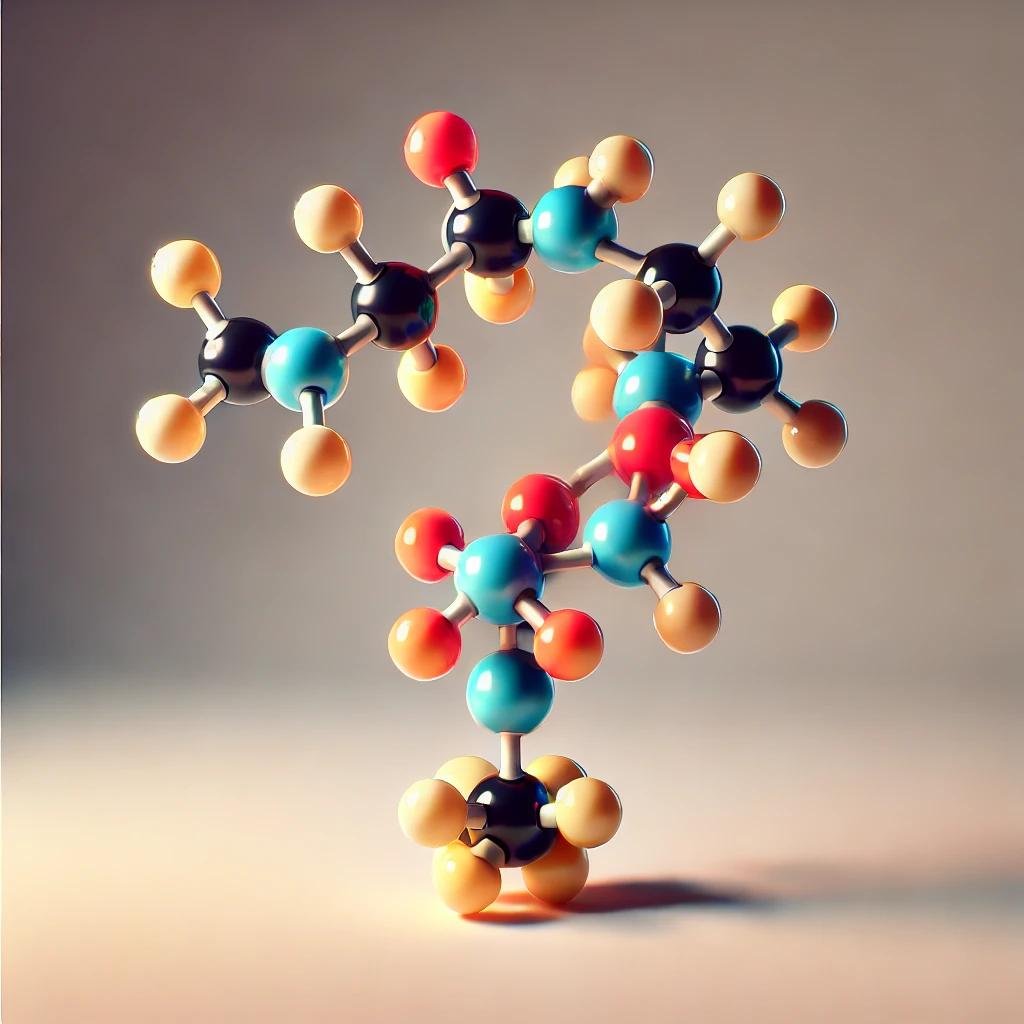
FAQs
Knowledge Hub
-
HAMR Energy aims to accelerate the transition away from fossil fuels by providing customers access to the fuels and chemicals they need to decarbonise their business. We do this by developing and supplying low carbon fuels.
-
While electrification is vital for decarbonisation and will be the primary decarbonisation pathway for most applications, it isn't suitable for all sectors. Hard-to-electrify industries like shipping, aviation and heavy industry will rely on low-carbon fuels, which are easier to store, transport and integrate into existing infrastructure. Low-carbon fuels complement electrification by addressing these gaps, recycling carbon and supporting energy security, making them essential for achieving global net-zero goals.
-
Low-carbon fuels are renewable when they are produced using sustainable resources that are part of the Earth's natural carbon cycle. For example:
Biomass-Based Fuels: Fuels like renewable methanol are made from biomass, such as forestry or agricultural residues. The carbon in the biomass is absorbed from the atmosphere during plant growth. When the fuel is used, the same amount of carbon is released, creating a closed carbon cycle that does not add new emissions to the atmosphere.
Green Hydrogen: Hydrogen produced using renewable electricity (e.g., solar or wind) and water is carbon-free and can be combined with carbon dioxide from sustainable sources to create renewable fuels like methanol.
Recycled Carbon: Some low-carbon fuels use captured CO₂ from industrial processes or the atmosphere. By reusing this carbon in fuels, it stays in the cycle rather than contributing to increased atmospheric levels.
These renewable processes ensure that low-carbon fuels can be produced in a sustainable cycle instead of adding carbon to the atmosphere
-
Methanol is a simple alcohol with the chemical formula CH₃OH. It is a clear, colorless, and flammable liquid that is used as a versatile industrial chemical and a clean-burning fuel. Methanol is composed of one carbon atom, four hydrogen atoms, and one oxygen atom, making it the simplest alcohol in its chemical family.
-
Methanol is a versatile chemical widely used as a feedstock in the production of plastics, resins, adhesives, and textiles. It is also a clean-burning fuel for vehicles, marine transport, and industrial applications, with growing use in sustainable aviation fuel and renewable energy systems. Methanol plays a key role in reducing emissions, serving as a low-carbon alternative in sectors where electrification is challenging.
-
Low carbon methanol is created in the same way the fossil based methanol today, from a synthetic gas. However unlike fossil derived methanol the syngas is generated from biomass (displacing coal or natural gas).
-
Gasification is a process that converts carbon-based materials, like wood or biomass, into a mixture of gases called syngas (mainly carbon monoxide, hydrogen, and carbon dioxide) by heating them at high temperatures in a controlled environment with limited oxygen. Unlike burning, which fully combusts the material into heat and CO₂, gasification focuses on breaking it down chemically to produce syngas, which can then be used as a feedstock to make renewable fuels like methanol or for energy generation. Gasification is commonly used in industry to convert coal into chemicals. HAMR Energy will use the same process as currently used but replace the coal with a sustainable carbon resource, biomass.
-
Sustainable Aviation Fuel (SAF) is a low-carbon alternative to traditional jet fuel, made from renewable resources like biomass, waste oils, or captured carbon combined with green hydrogen. SAF can reduce lifecycle greenhouse gas emissions by up to 80% and is fully compatible with existing aircraft. It plays a crucial role in decarbonizing the aviation industry, enabling more sustainable air travel
-
Sustainable Aviation Fuel (SAF) can be made from methanol through a process called Methanol-to-Jet (MTJ) conversion. Renewable methanol, produced from green hydrogen and captured carbon, is transformed into synthetic jet fuel, offering a low-carbon alternative that reduces emissions and supports sustainable aviation.
-
Hydrogen Assisted Molecular Recycling - that’s what we are doing and that’s where the name HAMR Energy was born.
-
Great, we have a website dedicated to investor information here or you can reach out to our team here to book in a call.


